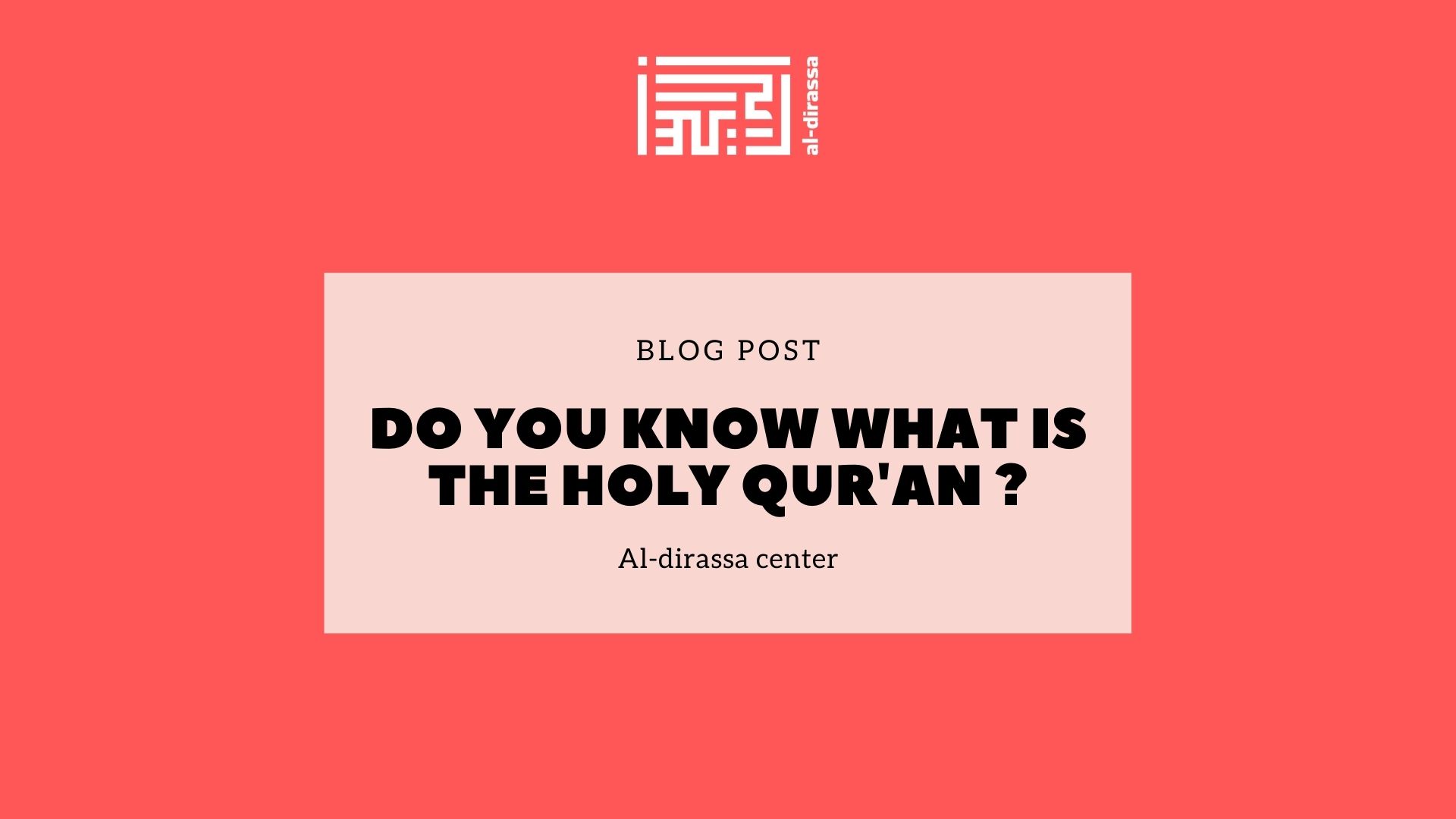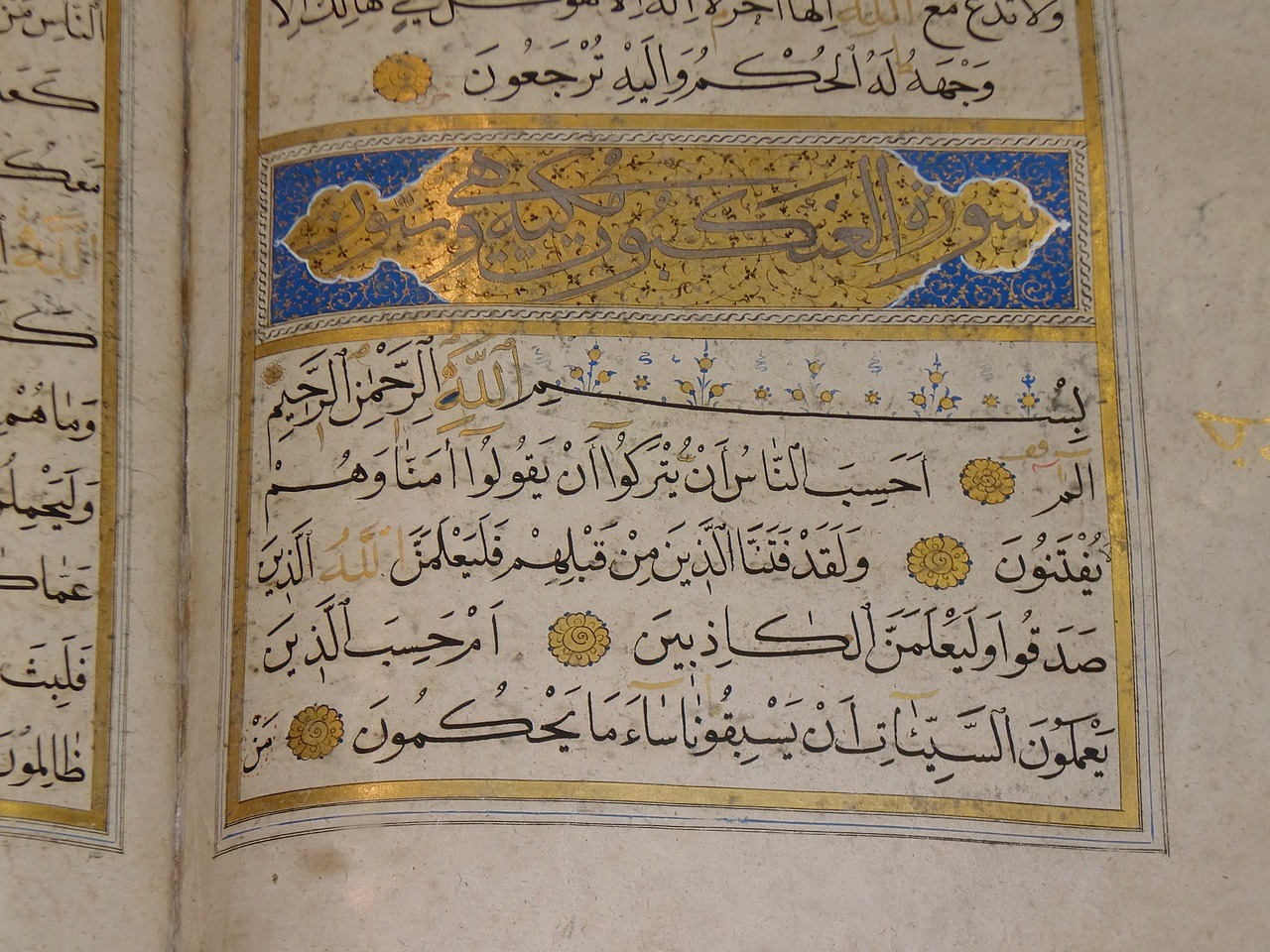
The Quran, the fourth and final sacred book of Islam, holds a unique and profound place in the hearts of millions of Muslims worldwide. It was revealed by Allah to the Prophet Muhammad (PBUH) and serves as a comprehensive guide for all of humanity. In this article, we will delve into the fascinating history of the Quran’s revelation, the meticulous measures taken to preserve it, and the compelling story of its compilation throughout Muslim history.
Before we explore the Quran’s history, let’s start by understanding the linguistic origins of the word “Quran.” Scholars have different opinions regarding its meaning:
Recitation: Most scholars, including At-Tabaree, believe that “Quran” derives from the verb “Qara’a,” meaning “to read” or “to recite.” In this context, “Quran” can be translated as “the recitation” or “the reading.”
Proper Name: Imam Ash-Shafi’ee believed that “Quran” was a proper name not derived from any other word. He pronounced it as “Quran” without the hamza.
Unity: Abu al-Hassan’s opinion suggests that “Quran” comes from the root “Qarana,” meaning “to join or associate.” This view interprets “Quran” as “That which unites” because its verses and suras come together to form a cohesive whole.
Resemblance: According to Yahya ibn Ziyad ad-Daylamee, the Quran comes from the word “Qaraa’in,” meaning “to be like.” It implies that the Quran’s verses complement and resemble each other in beauty and prose.
Combination: Another opinion proposes that the Quran is derived from “Qar,” meaning “to combine,” as it combines stories, orders, promises, and punishments.
The most widely accepted opinion is the first one, which views “Quran” as the verbal noun of “Qara’a,” emphasizing its role as a divine recitation.
Understanding the significance of the Quran is crucial. Allah Himself has emphasized its divine nature and preservation in the Quran:
“And [mention] the Day when We will resurrect among every nation a witness over them from themselves. And We will bring you, [O Muhammad], as a witness over your nation. And We have sent down to you the Book as clarification for all things and as guidance and mercy and good tidings for the Muslims.” (16: 89)
The Quran serves as a book of guidance, mercy, and good news. Muslims believe in its error-free nature. Allah assures its authenticity in the Quran:
“Indeed, it is We who sent down the Qur’an, and indeed, We will be its guardian.” (15: 9)
The Quran, in its present form, remains identical to the one revealed to the Prophet (PBUH), affirming its divine character.
The Quran was revealed to the Prophet Muhammad (PBUH) through a divine process called “Wahee.” “Wahee” refers to the divine message of Allah transmitted to chosen prophets. Allah describes “wahee” in the Quran:
“And We inspired to the mother of Moses” (28: 7).
The revelation occurred in various forms, such as during sleep and while awake. The process spanned 23 years, commencing in the month of Ramadan:
“The month of Ramadhan [is that] in which was revealed the Qur’an.” (2: 185)
Allah revealed the Quran gradually to facilitate its acceptance among the new Muslim Arabs, allowing them to adapt to the teachings of Islam. This staged revelation also provided moral support to the Prophet (PBUH) during challenging times.

The Quran’s revelation comprises two distinct phases: the Makkan and Madinan phases.
Makkan Verses:
Madinan Verses:
Understanding the differences between these phases helps us interpret the Quran’s context and purpose, providing valuable insights into its message.
The preservation of the Quran has been a meticulous process throughout Islamic history. It can be divided into several key stages:
At the Time of the Prophet (PBUH):
During the Reign of Caliph Abu Bakr:
During the Reign of Caliph Uthman:
The Quran, with its rich history of revelation, preservation, and compilation, remains a timeless source of guidance and wisdom for Muslims worldwide. Its linguistic origins and the differences between Makkan and Madinan verses offer valuable context for its interpretation. The meticulous efforts undertaken to compile and preserve the Quran have ensured its unaltered authenticity to this day, fulfilling Allah’s promise of guardianship.
The Al-dirassa Center offers online Arabic, Quran and Islam courses for non-Arabic speakers. If you would like to join our course, please get in touch with us.
The Al-Dirassa Institute provides a range of online courses in Arabic, Quran, and Islam tailored for non-Arabic speakers. To enroll in our courses or learn more, please don’t hesitate to get in touch with us today.
Discover the experiences of our delighted clients who have thoroughly enjoyed utilizing this standout feature.
Alhamdulillah I‘m very pleased with the arabic and Qur’an lessons I receive from teacher Umm Tasneem and I‘m also content with the al-dirassa administration team who were very quick in answering any questions I had. In a month I progressed a lot and I cannot wait to continue my studies with al-dirassa. May Allah reward everyone at al-dirassa.
Verified review - view original
My Qur’an teacher is fantastic, she teaches me in a loving and kind way where I look forward to the lessons and learn so much. My Arabic teacher is equally as nice and has a lot of patience with me, she has great expertise in the field and I’ve progressed really quickly with her. Thank you Al-dirassa!
Verified review - view original
Don’t want to go through the translation anymore?
30 free minutes with your qualified Egyptian teacher.

Al-dirassa Institute offers you a gift to help you begin your journey to being fluent in Arabic and learning the Quran.

Al-dirassa Institute offers you a gift to help you begin your journey to being fluent in Arabic and learning the Quran.